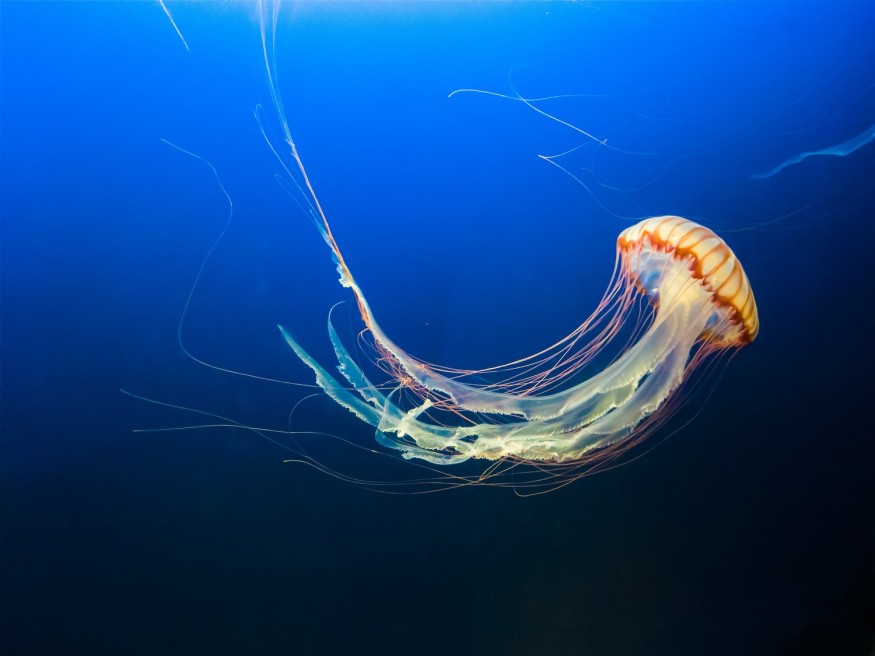
The threat of the climate crisis are becoming more and more evident in recent years, with the global temperature continues to rise, resulting in the melting of the glaciers from the cold regions of the planet. The melting of the ice caps then led to a continuous increase in sea level, which makes everything susceptible to flood and destruction.
Courageous Cnidarians
Because of this threat, at least 1 million species of animals face extinction. Except for one -- jellyfish. To those who are unfamiliar with underwater creatures, the jellyfish is a gelatinous invertebrate, mostly bell-shaped, with long tentacles attached to them. They belong to the phylum Cnidaria (where corals are also categorized). They are mostly comprised of water, as a matter of fact, they are 95% water. They may look harmless, but most of the species are venomous. As invertebrates, they do not have bones, and more surprisingly, they do not have brains or other organs. This allows them to evolve efficiently regardless of how rapid the changes may be in its immediate environment.
Highly Evolved Creatures
The jellyfishes have proven its resiliency -- they have been swimming freely in the ocean for more than 5 million years. These creatures are highly opportunistic feeders, feeding on anything that their tentacles can get a grip on. It seems the jellyfish can be a contender to the octopus in being the most perfectly evolved species as recently, and a study revealed that the jellyfish seem to be unabashed by the rise of the temperature due to climate crisis and continues to increase its population successfully.
Increase in the population could be a threat to the livelihood
Over a couple of decades, the population of these cnidarians grew worldwide. This phenomenon was dubbed as the "jelly bloom." Scientists say that human activity are once again the cause. These creatures benefitted from human interaction with the ocean and nature, in general. The warmer ocean temperature and thinner oxygen proved to be suitable for the jellyfish. It also helped the species thrive when their natural predators like sharks and turtles are being poached or killed by humans.
Although this may sound good news, however, a study claims that the overpopulation of jellyfish can disrupt aquaculture and fishing. It can also make the ocean unsafe for swimming. They can also disrupt hydro-electric power plants if they get stuck in the machines. These examples can directly affect the livelihood (tourism, coastal power, etc.) of people dwelling near marine areas. It can also affect scientific inquiry, especially surveying zooplanktons and other smaller animals and, most importantly, fish eggs.
However, the scientists behind the research admit that compared to other animals, the jellyfish are not widely studied, and they have to balance their data from various sources. According to the paper, the data were analyzed at the Large Marine Ecosystem scale. They discovered that jellyfish are abundant by the end of 1950.
Population Increase of May Help in Medical Innovations
Of course, this is not entirely an alarming situation. The research provided data that jelly bloom can be beneficial to humans. The first is for food consumption, and second, for probable medicinal use through its fluorescent protein.











